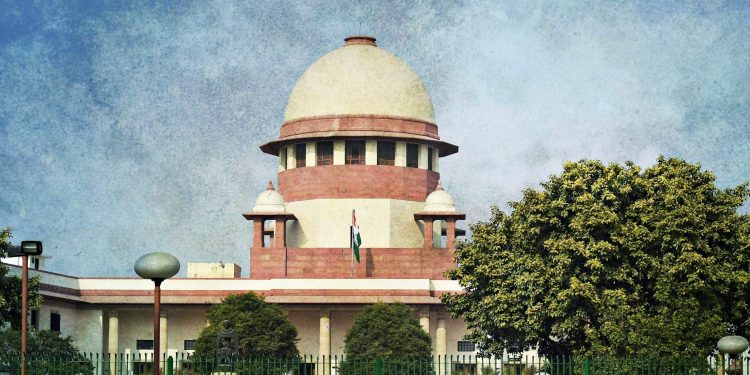The Supreme Court Tuesday not only reasserted the Amendment to the Hindu Succession Act of 2005 in which daughters gained equal inheritance rights as sons but also gave a retrospective ruling to that Act. Earlier, the law was implementable from 2005 onwards. The SC decision has removed the cut-off date and made it perpetual to the past. In brief, this implies that a girl born in a Hindoo family before 2005 will also have equal claims to the undivided family property irrespective of whether her father is alive or not. By using the word coparcener, the court has made it clear that a person can claim a legal right to ancestral property by birth.
A quote that has emerged from the apex court order is significant in terms of its wordage, “Once a daughter, always a daughter… a son is a son till he is married.” While the judgement is socially very responsible and befitting to the times, yet the usage of phrases like the above by the judges sounds a bit dramatic. However, such a statement by Justice Arun Mishra is understandable. The Judge has suddenly shot into the limelight lately for certain landmark activities. The revolt by the four Justices in 2018 against CJI Dipak Mishra was primarily aimed at showing their displeasure at the manner in which a junior Justice Arun Mishra was being given most of the important cases while the seniors were neglected. Justice Arun Mishra is also known in connection with the judgement slapping steep penalties against telecom service providers like Airtel and Vodafone which, critics at that time said, created an uneven playing field favouring Ambani’s Jio. At present, Justice Mishra is the one who has brought in the contempt case against activist lawyer Prashant Bhushan and is also heading the three-judge bench hearing the contempt matter. With many prominent media personalities and social activists gradually starting to point fingers at the manner the SC and the judges have started behaving, this judgement on the Hindu Succession Act has offered a golden opportunity to Justice Arun Mishra to showcase his pro-women and progressive credentials which were coming under the scanner.
This quote of Justice Mishra could be analysed thoroughly. A daughter, when married, becomes a daughter-in-law. If the son listens to his wife and respects her judgement, it may be construed that someone’s daughter has successfully endeared herself to be considered trustworthy in another family. So, trusting a daughter also means society has to learn to trust the daughter-in-law. It may not be proper to say that a son is a son till he is married. Passing such comments may catch the headlines but could very easily create a stronger animosity against the daughter-in-law, who is already perceived as an outsider in many Indian families. Most often, they are blamed for misguiding the soft-in-the-head son. It would be wiser on the part of people occupying high positions to refrain from jargons and rhetoric as they have the potential to complicate social matters.






































